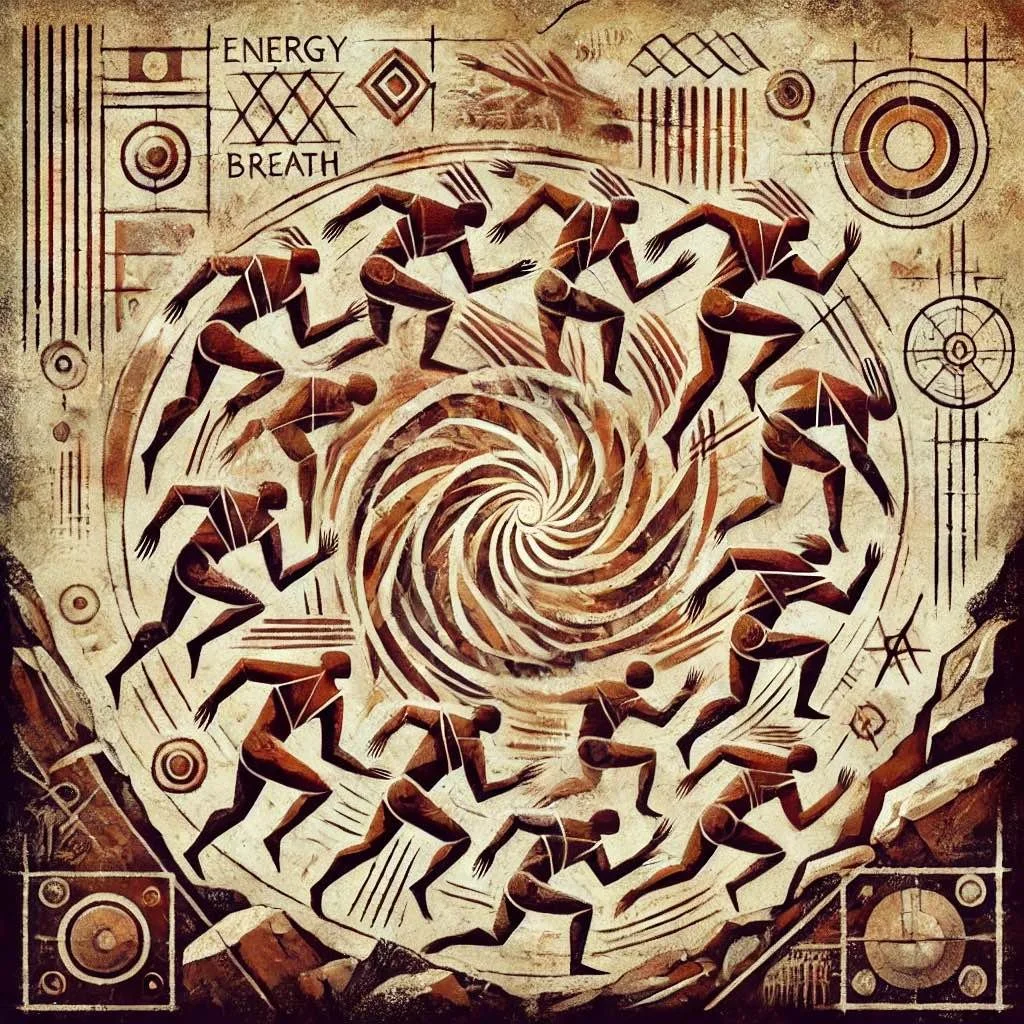What about rigor?
tl;dr: Rigor isn’t the same as rigidity. In a culture that often swings between harsh self-discipline and self-indulgence, true growth comes from balancing freedom with structure.
Last call to register for BOOST Your Practice. A playful, community-based way to help you build lasting habits with accountability and support.
The words rigor and rigidity obviously go together. It is not easy to tell the line between the two. I have a commitment to excellence. And I tend to like things done a certain way. (Yes, those of you who know me personally… I can hear you laughing!)
I feel like I’ve spent decades trying to find the right balance. Most often setting myself up for some impossible plan of self-discipline. Inevitably failing at that plan. And then going on to punish myself for failing.
It is really hard for me to get, to really get, that being rigid about my master plan for self-improvement is exactly the reason why I do not succeed.
But one can also be too lax. I see this a lot.
We have made so much progress understanding the traps of family and cultural coercion. We have come a long way to understand that industrial society tried to turn us into the widgets of its big machine. And we have rightfully rebelled against it.
But in rejecting the rigidity of external systems, we risk swinging too far into self-indulgence.
Our quest to get free of the oppressive norms of the group can lead to hyper-individuation. We have brought a magnifying glass to our personal needs and preferences. In realizing that we are each unique and special, we have become a bit “precious” about everything. My favorite term for this phenomenon is post-modern narcissism. I also like to call it main character syndrome.
Even in our healing journeys, we’ve started to expect that the world to adjust itself around our wounds.But true healing asks us to develop the self-sovereignty necessary that brings us back into coherence, so we can meet the challenges of the world we were born into.
This is all part and parcel of being born atomized beings in nuclear families, outside of tribes, in an uninitiated culture, disconnected from nature at 72 degrees comfort.
If everything has to be custom fit to your particular needs, you are never going to experience the growth that comes from rigorously doing something together. The voice that wants to make you an exception is always going to win. And before you know it, you will fall into the trap the 12-steppers refer to as terminal uniqueness.
Those of you who meditate can get a sense of what it takes to find the balance between being too lax and being too rigid. Meditation demands your relaxation. While also demanding the fullness of your attention. You find ways to continually let go into the stability of the ground. While also sitting up. As a sovereign being.
BOOST Your Practice is an invitation into rigor. A four-week container where you make yourself accountable to a team of four people. The team earns points or loses points each time you practice or choose not to practice. It is a friendly competition. It is a game that you play as a team. And the game works best if you play to win.
Back in January a group of friends decided to do an “anti-BOOST,” a supportive way to honor their need to turn away from rigidity. Another group of friends decided that they could not BOOST, because their obsession with winning was taking too much out of them.
I understand them. We go through seasons in our lives. Periods that call for a more restful posture. And periods that call for focus, discipline and determination. New habits. Healthy habits. Habits like waking up early, meditating, exercising, eating well and serving the creative life force that is moving through each of us, these are habits that tend to need commitment and a structure of support.
Creativity is one of the first casualties when rigor is absent. And these are times that need us at our most creative.
If you don't make room for creativity, it will come for you sideways—as boredom, as envy, as rage, as apathy, as ache.
- Yrsa Daley Ward
The forces of entropy. Life in a culture of overwhelm, of anxious busyness. These are almost too powerful to bear without others who are just as committed.
People keep coming back to BOOST because it works. I am always getting notes and feedback on how BOOST helped someone build a habit that is now part of their lives.
Yes. We are asking for rigor. That’s what makes it work for our community as a whole. But the community is kind. And playful. And wanting to see each other grow.
